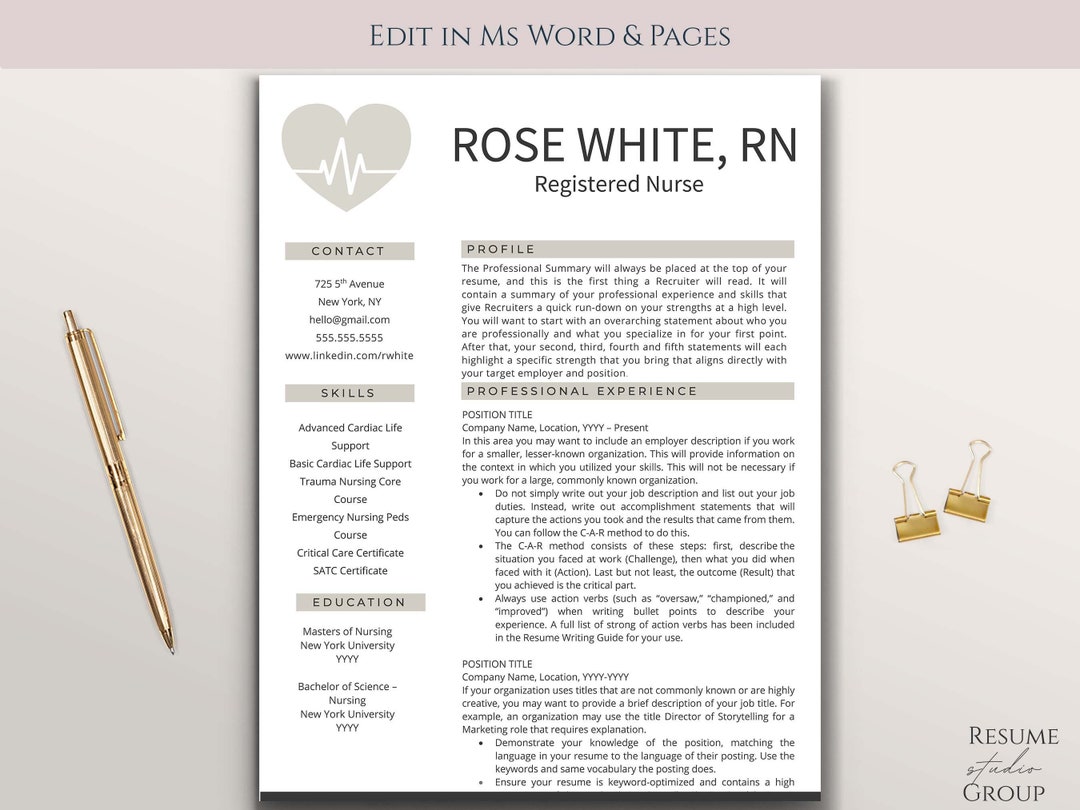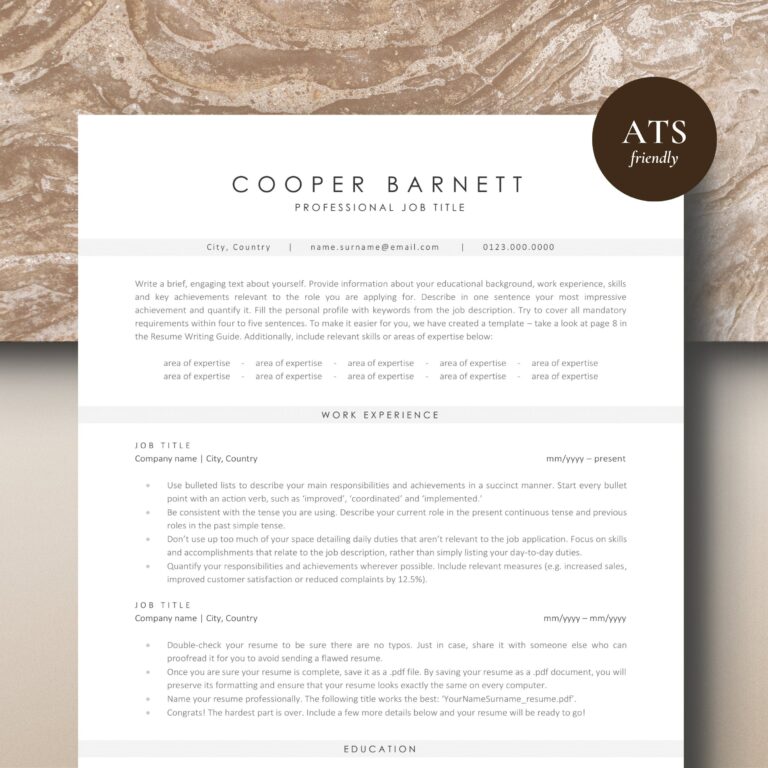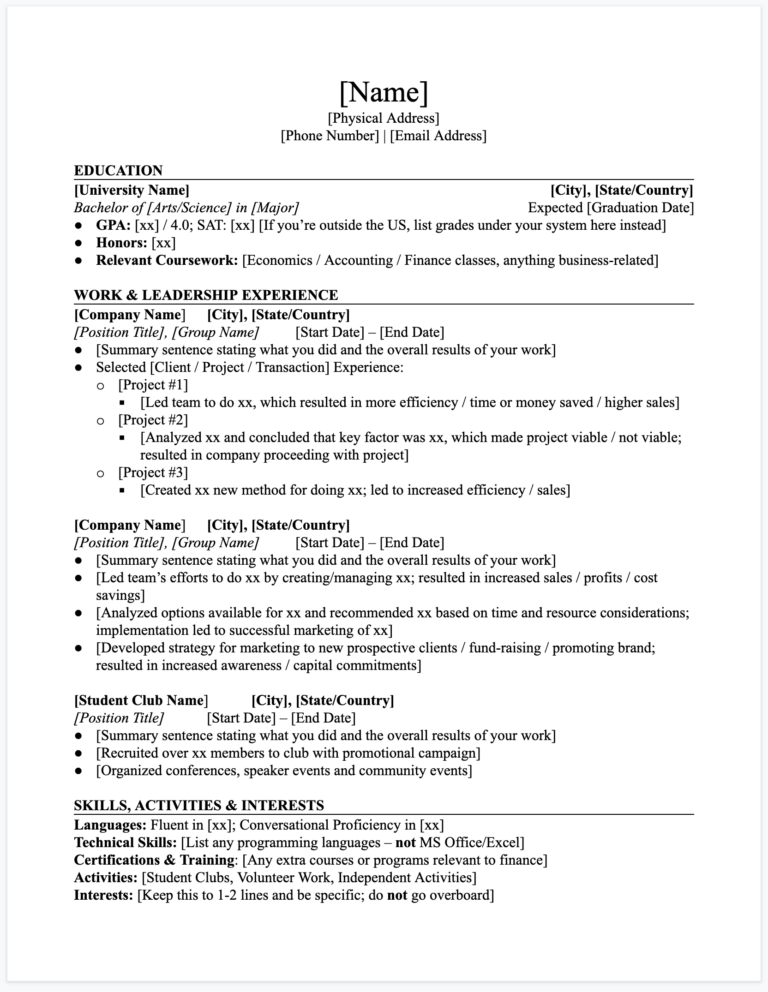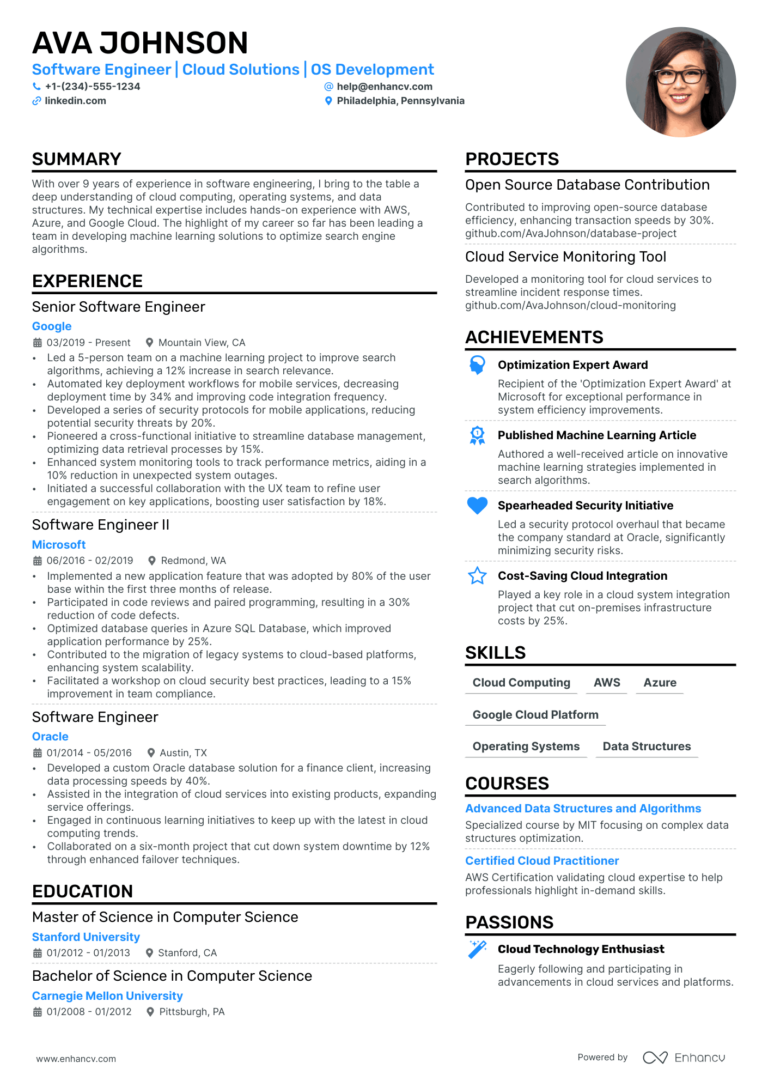Master the Art of Resume Writing: A Comprehensive Student Nurse Resume Template Guide
Navigating the competitive healthcare job market as a student nurse requires a well-crafted resume that showcases your skills and qualifications. This guide will provide you with a comprehensive template and expert advice to create a standout resume that will impress potential employers.
In this guide, we will delve into the essential elements of a student nurse resume, from formatting and content to highlighting your skills and experience. By following these guidelines and incorporating the sample resumes provided, you can create a resume that will effectively convey your value and secure your dream nursing position.
Skills and Experience
Student nurses should possess a combination of clinical and soft skills. Clinical skills are the technical abilities required to provide patient care, such as patient assessment, medication administration, and wound care. Soft skills are interpersonal abilities that enable effective communication, teamwork, and empathy.
Clinical Skills
Student nurses gain clinical skills through hands-on experience in healthcare settings. These skills include:
- Patient assessment and monitoring
- Medication administration
- Wound care
- Infection control
- Emergency care
Soft Skills
Soft skills are essential for student nurses to provide compassionate and effective patient care. These skills include:
- Communication
- Teamwork
- Empathy
- Problem-solving
- Critical thinking
When describing your skills and experience on your resume, use bullet points and action verbs to highlight your accomplishments. For example, instead of writing “provided patient care,” write “assessed patient vital signs, administered medications, and monitored patient progress.”
Additional Sections
Optional sections can enhance your student nurse resume and showcase your skills and experience. These sections include:
- Objective statement
- Summary of qualifications
- Professional affiliations
Including these sections is optional, but they can be beneficial if you have specific skills or experience that you want to highlight. For example, if you have a strong academic record, you might include a summary of your qualifications. If you are actively involved in professional organizations, you might list your affiliations.
Objective Statement
An objective statement is a brief statement that summarizes your career goals and how they align with the position you are applying for. It is typically placed at the top of your resume, below your name and contact information.
Your objective statement should be clear, concise, and tailored to each job you apply for. It should be no more than two or three sentences long.
Summary of Qualifications
A summary of qualifications is a brief overview of your skills and experience. It is typically placed at the top of your resume, below your objective statement.
Your summary of qualifications should highlight your most relevant skills and experience for the position you are applying for. It should be no more than four or five bullet points.
Professional Affiliations
Listing your professional affiliations shows that you are actively involved in the nursing profession. It can also help you to network with other nurses and stay up-to-date on the latest trends in nursing.
When listing your professional affiliations, include the name of the organization, your role in the organization, and the dates of your involvement.
Sample Resumes
Refer to the following resources for sample student nurse resumes in various formats:
- Student Nurse Blog: Student Nurse Resume Examples, Tips & Advice
- Indeed: Student Nurse Resume Examples
- Resume.io: Student Nurse Resume Examples
These samples showcase effective resume writing practices and provide valuable insights into highlighting relevant skills and experiences.
Strengths of Sample Resumes
- Clear and concise formatting
- Use of action verbs to describe responsibilities
- Quantified accomplishments to demonstrate impact
- Tailoring to specific nursing roles
Weaknesses of Sample Resumes
- Lack of specific s for Applicant Tracking Systems (ATS)
- Overuse of buzzwords without providing concrete examples
- Irrelevant or outdated information
- Typos or grammatical errors
Common Pitfalls to Avoid in Resume Writing
- Including personal information, such as age, marital status, or religious affiliation
- Using unprofessional language or slang
- Overloading the resume with irrelevant information
- Submitting a resume that is too long or too short
- Failing to proofread carefully for errors
FAQ Summary
What is the most important section of a student nurse resume?
The education section is crucial as it highlights your nursing program, degree level, and relevant coursework. This section demonstrates your academic achievements and prepares the reader for the skills and experience you will showcase later in the resume.
How do I tailor my resume to specific job requirements?
Carefully review the job description and identify the key skills and qualifications sought by the employer. Tailor your resume by incorporating relevant s, highlighting transferable skills, and quantifying your accomplishments to demonstrate how you meet the specific requirements of the position.
What are common pitfalls to avoid in resume writing?
Avoid common mistakes such as using unprofessional language, including irrelevant information, or submitting a resume with errors. Proofread your resume thoroughly before submitting it, and seek feedback from a career counselor or mentor to ensure it meets professional standards.



